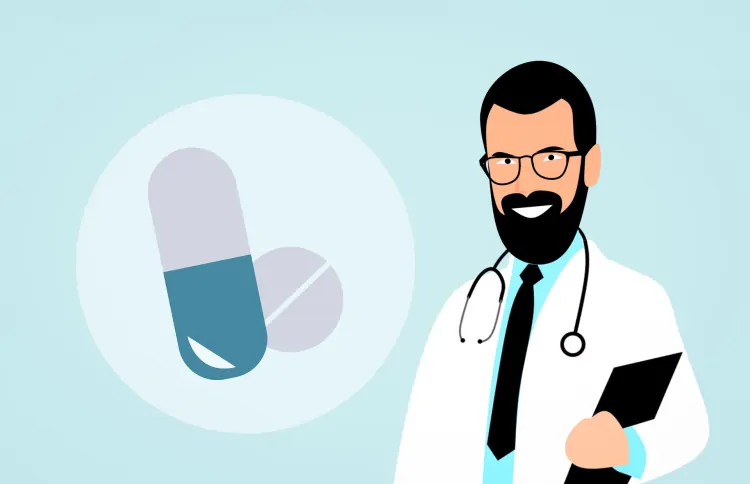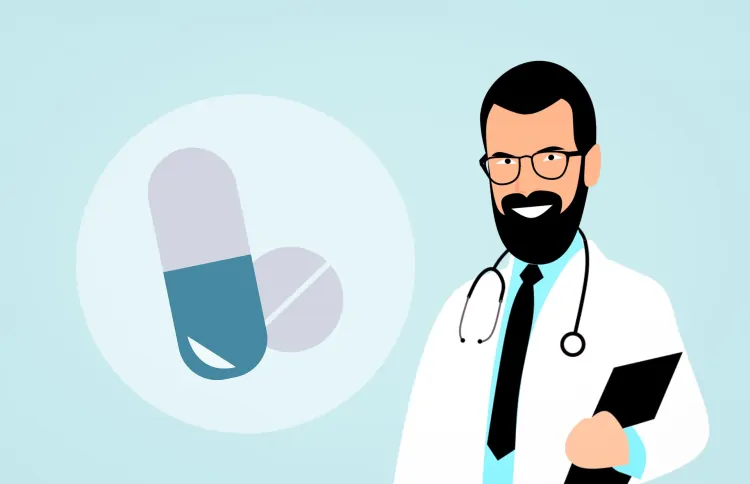The Benefits of Holistic Approaches to Addiction Recovery in New Jersey
Addiction recovery in New Jersey has evolved significantly over the years, with an increasing number of individuals turning to holistic approaches to help them overcome substance use disorders.
The Benefits of Holistic Approaches to Addiction Recovery in New Jersey
Introduction
Addiction recovery in New Jersey has evolved significantly over the years, with an increasing number of individuals turning to holistic approaches to help them overcome substance use disorders. While traditional recovery methods, such as counseling and medication-assisted treatment, have long been the cornerstone of addiction rehabilitation, holistic approaches are gaining momentum for their comprehensive and individualized methods. These approaches aim to treat not only the physical aspects of addiction but also the mental, emotional, and spiritual facets of the individual, fostering a more sustainable and balanced recovery.
Finding Balance: Recovery After the Workday in NJ
For individuals looking to prioritize their well-being without taking time off from work, rehab after work in NJ offers a flexible option for recovery. Many rehabilitation centers provide evening and weekend programs, allowing patients to receive the care they need while maintaining their professional commitments. This type of treatment is especially beneficial for those managing addiction or mental health struggles, offering a structured environment that promotes healing. With tailored schedules, these rehab programs ensure patients can successfully balance their work-life commitments and long-term recovery goals. These services help individuals rediscover stability and support their journey to wellness.
What is Holistic Addiction Recovery?
Holistic addiction recovery is a multifaceted treatment approach that seeks to address the root causes of addiction and promote long-term healing. Unlike traditional methods that often focus solely on the physical symptoms of addiction, holistic recovery integrates therapies that consider the individual's mind, body, and spirit. This approach acknowledges that addiction is not just a physical dependence but is deeply connected to emotional and psychological factors, as well as spiritual well-being.
At its core, holistic recovery embraces the idea that true healing occurs when all aspects of an individual’s life are nurtured and restored. By focusing on the whole person, holistic treatments aim to foster lasting change, reduce the risk of relapse, and improve the overall quality of life.
Physical Health and Wellness in Holistic Recovery
One of the most fundamental aspects of holistic addiction recovery is the emphasis on physical health. A person’s physical state is intricately linked to their mental and emotional well-being, which is why taking care of the body is paramount in the recovery process.
Nutrition plays a crucial role in recovery, as individuals recovering from addiction often face nutritional deficiencies that can affect mood, energy levels, and overall health. Holistic programs prioritize balanced, nutrient-rich diets to restore the body’s natural balance and improve mental clarity. Exercise is also a critical component, as physical activity has been shown to reduce stress, improve mood, and promote healthier brain function. Incorporating yoga and other physical therapies into treatment regimens can also enhance flexibility, reduce physical tension, and promote a sense of inner peace.
Mental and Emotional Healing
The mental and emotional aspects of addiction are often the most challenging to overcome. Holistic recovery programs recognize the importance of addressing these issues through counseling, therapy, and practices designed to improve mental health.
Mindfulness and meditation are integral components of many holistic programs, providing individuals with tools to manage stress, cope with triggers, and stay present in their recovery journey. These practices encourage individuals to observe their thoughts and feelings without judgment, helping to break the cycle of negative thinking that often fuels addictive behaviors. Additionally, therapy sessions tailored to each individual’s needs help to address underlying emotional traumas, develop healthy coping mechanisms, and improve emotional regulation, ultimately leading to greater emotional resilience and stability.
Spiritual Healing and Its Role
For many individuals, addiction recovery is not just a matter of physical and mental healing but also a spiritual journey. Spiritual healing can provide a sense of purpose, meaning, and connection, which are essential for long-term recovery. Holistic addiction recovery programs often incorporate spiritual practices such as meditation, prayer, or involvement in faith-based recovery groups.
Spirituality offers individuals a source of strength and guidance, helping them reconnect with themselves and their values. Faith-based programs, in particular, can provide a strong sense of community and support, giving individuals a network of people who understand their struggles and are committed to their recovery. These programs often focus on the idea of surrendering to a higher power, letting go of past trauma, and embracing a new way of living that aligns with spiritual values.
Integrating Traditional and Holistic Therapies
An essential benefit of holistic recovery is its ability to integrate traditional medical treatments with alternative therapies. While holistic approaches emphasize non-traditional treatments, they are not meant to replace conventional medical care. Instead, they complement traditional therapies, creating a well-rounded treatment plan that addresses every aspect of the individual’s recovery.
By combining the expertise of medical professionals with holistic practices such as acupuncture, art therapy, and massage therapy, patients receive the best of both worlds. This integrated approach ensures that individuals receive comprehensive care that treats not only the physical symptoms of addiction but also the emotional, psychological, and spiritual dimensions of their recovery. This holistic treatment model is particularly effective in reducing the likelihood of relapse by providing individuals with a full spectrum of support and healing tools.
The New Jersey Context: Access and Availability
New Jersey has been at the forefront of providing a wide range of treatment options for individuals seeking recovery from addiction. With a growing number of holistic recovery centers across the state, individuals now have access to treatment programs that integrate alternative therapies alongside traditional medical care.
Holistic addiction recovery programs are available in various settings, from outpatient treatment centers to residential facilities. These centers offer specialized programs designed to meet the unique needs of each individual, whether they are struggling with substance abuse, mental health issues, or both. New Jersey’s state government also supports holistic approaches by funding initiatives that promote integrated care and increasing access to non-traditional therapies.
Cleansing Your System Naturally
When it comes to detoxifying the body, many people look for quick and effective solutions. One option gaining popularity is the drug detox drink, designed to help flush out toxins from the body. These drinks are formulated with natural ingredients such as herbs, vitamins, and minerals that promote detoxification and support the liver and kidneys. While they can assist in eliminating impurities, it’s important to remember that a balanced diet, exercise, and staying hydrated play key roles in maintaining a healthy system. A drug detox drink may aid the process, but it should be part of a comprehensive wellness plan.
Conclusion
The benefits of holistic approaches to addiction recovery are profound and far-reaching. By focusing on the mind, body, and spirit, these methods provide a more comprehensive and sustainable path to recovery, addressing the complex nature of addiction in a way that traditional treatments often cannot. In New Jersey, the growing availability of holistic recovery programs gives individuals the opportunity to heal in a way that promotes balance, well-being, and long-term success. As the state continues to embrace these integrative approaches, the future of addiction recovery looks brighter, offering hope to countless individuals on their journey to recovery.
What's Your Reaction?















